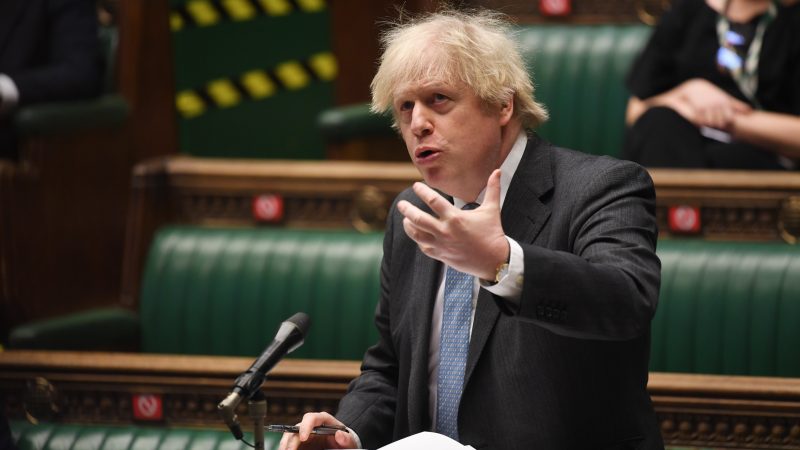
The dissolution and calling of parliament bill, which would repeal the Fixed-Term Parliaments Act passed in 2011, has been approved by MPs at second reading this evening with 367 MPs voting in favour and 65 against.
Labour MPs were neither ordered to vote for nor against the new bill at this stage. The opposition party supports repealing the 2011 legislation, but does not endorse the government proposals to return to the old system.
“The legislation that we have before us is transferring all the power into the hands of one individual, the Prime Minister,” Labour’s Cat Smith said, arguing that the power to dissolve parliament and set the date for an early general election should rest with MPs.
The shadow minister for the Cabinet Office told colleagues: “I disagree with the [2011] Act, and I support its repeal, but I disagree with what the government has come forward as the replacement for that.”
The 2011 Act allows early elections to be held only if a simple majority of MPs in a Commons vote chooses to express no confidence in the government and 14 days passes without a motion of confidence being passed, or if two thirds of all MPs vote explicitly in favour of an earlier election.
The new legislation would repeal the 2011 Act and confirm the maximum term of a parliament as being five years, after which point an election must be called. The Prime Minister would be able to request a dissolution from the monarch before then.
Smith told the House of Commons this afternoon that returning to the old system would be a “regressive step” and politicians should instead be seeking a “fair and level playing field” similar to that seen in other democracies.
“This bill today is very much about the question of where power lies,” Smith said. “I believe that the Fixed-Term Parliaments Act was problematic and there were certainly aspects of it that I’ll be quite happy to see the back of.
“But the principle of having fixed terms, in itself, is not necessarily a bad thing. Indeed, it puts us on level footing with many of Western and progressive democracies around the world. It puts us in line with out own parliament here.”
Smith said making the monarch the only check on dissolution risks drawing the Crown into controversy. “The most effective way to avoid such a constitutional crisis would to leave decisions on dissolution with parliament,” she added.
She also pointed out that while Labour called for the repeal of the Act in its 2019 manifesto, there is “no way” the legislation would have been put to MPs this afternoon if it did not provide an electoral advantage to the Conservatives.
Smith highlighted a comparative study of 27 western democracies that found governing parties gain a 5% electoral advantage on average when they have the ability to determine when elections take place.
“For those of us who live and breathe politics, that is the difference between potentially forming a government or falling out of government,” she said. “That is why it is so, I’d argue, anti-democratic to allow all the power to lie in the hands of one individual.”
Second reading is the first opportunity for a bill to be debated, where MPs discuss the principle of the legislation. It is usually a wide-ranging discussion as MPs seek to highlight different aspects of the proposed law.
Having passed the second reading stage of the legislative process in the Commons today, the legislation will now proceed to the committee, report and third reading stages, before being considered by the House of Lords.




More from LabourList
Nudification apps facilitate digital sexual assault – and they should be banned
Diane Abbott suspended from Labour after defending racism comments
Labour campaign groups join forces to call for reinstatement of MPs